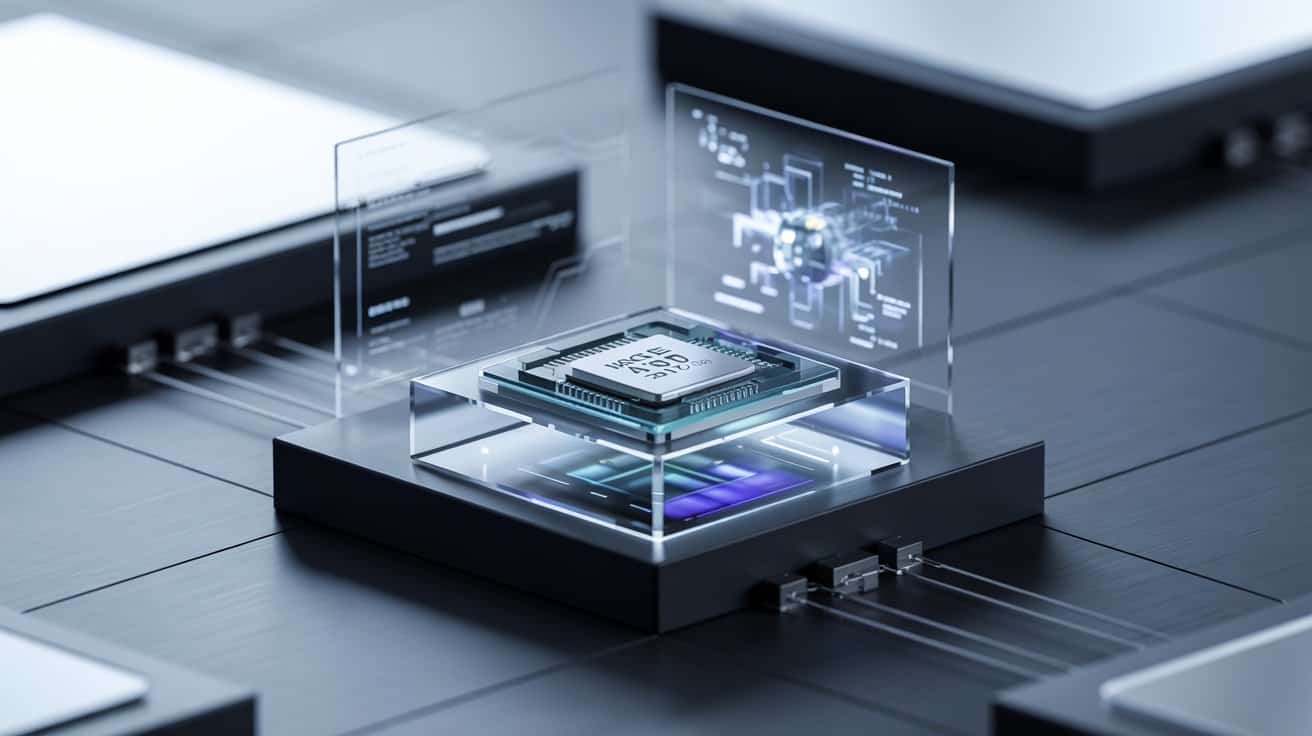Huawei Technologies is developing a new artificial intelligence (AI) processor, the Ascend 910D, intended to compete with Nvidia’s H100 chip.
The company has engaged several Chinese technology firms for testing, with initial samples expected by late May 2025. This development aims to strengthen China’s domestic AI hardware capabilities amid U.S. export restrictions.
Advancement in AI Chip Technology
The Ascend 910D joins Huawei’s Ascend series, which includes earlier models like the 910B and 910C. The 910C, consisting of two 910B processors, reportedly offers performance comparable to Nvidia’s H100.
Mass shipments of the 910C are anticipated to begin as early as next month. Huawei’s effort addresses the need for advanced AI processors within China’s technology industry, especially given recent supply challenges.
U.S. Export Restrictions
Huawei’s push to develop competitive AI chips comes after the U.S. imposed additional limitations on China’s access to high-performance AI semiconductors. These export controls have restricted Chinese companies from acquiring chips like Nvidia’s H100.
As a result, Chinese firms are seeking domestic alternatives to maintain progress in AI development. Huawei’s Ascend series is positioned as a potential solution to fill the resulting market gap.
Testing and Production Timeline
The Ascend 910D is expected to be ready for testing with partner companies in China by late May 2025. Huawei has not disclosed specific dates for mass production, signaling ongoing development.
Collaborations with domestic firms aim to ensure the new chip meets industry standards and performance expectations. This strategy reflects Huawei’s commitment to increasing China’s self-sufficiency in AI hardware.
Significance of Huawei’s AI Chip Development
If successful, the Ascend 910D would provide a crucial alternative to international AI processors. It could enhance China’s AI infrastructure, lessening reliance on foreign technology amid geopolitical tensions.

Leave a Reply